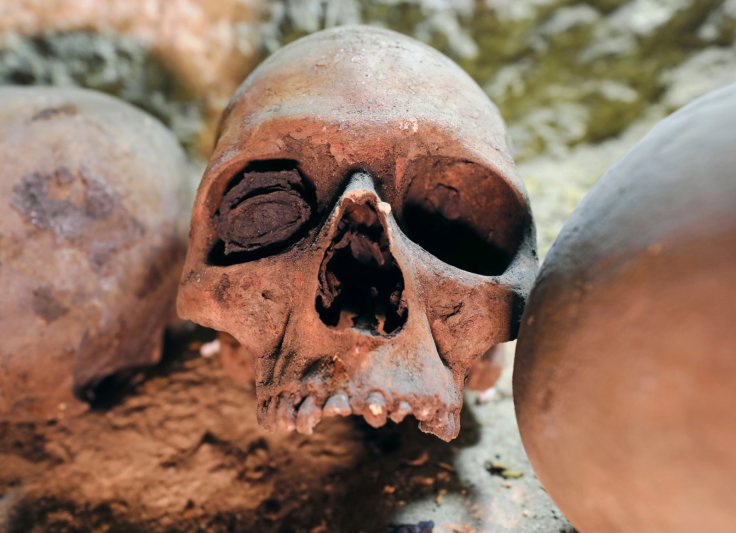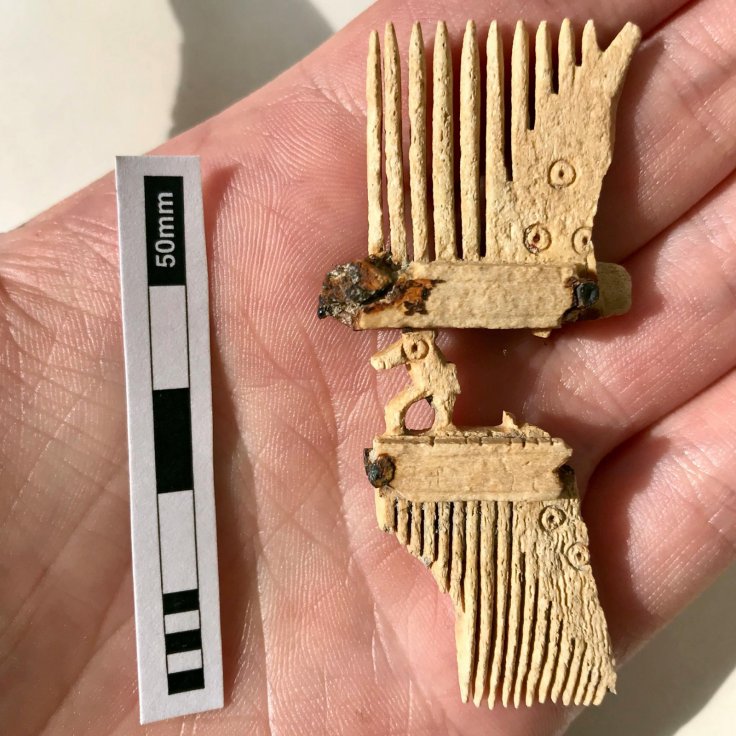
Twenty-six ancient human skeletons were discovered during Oxfordshire water pipe excavation work, which is a part of the Thames Water project. Now experts believe that discovered remains are at least 3000-year-old which means these are from the Iron Age and Roman periods.
Cotswold Archaeology, the UK based company that excavated the site said some of these skeletons may have been from ritual burials. The chief executive of Cotswold Archaeology, Neil Holbrook said the ancient site of Childrey Warren was "particularly fascinating as it provided a glimpse into the beliefs and superstitions of people living in Oxfordshire before the Roman conquest."
"Evidence elsewhere suggests that burials in pits might have involved human sacrifice," he further added. Recently, a 15th century mass sacrifice burial site was unearthed in Peru indicating ritual killing of over 140 children and over 200 llamas, perhaps the largest known mass sacrifice of children in the New World. But the Thames River burial site is far more ancient belonging to the Iron Age.
The excavation led by the Cotswold Archaeology's project officer Paolo Guarino stated that discovery of the Oxfordshire settlement has opened a new "window into the lives and deaths of communities we often know only for their monumental buildings."
Apart from the human remains, the excavation team also unearthed evidence of dwellings, animal carcasses, household items such as potter, cutting implements and a decorative bone comb from Childrey Warren site.

Guarino said that they examined the soil samples, skeletons, animal bones and discovered artefacts and the results will help the researchers to retrieve some long lost information about the history of the communities which used to live in the region thousands of years ago.
The researchers have shifted the archaeological items from the site for examination facilitating the Thames Water Project to resume its unfinished work. The firm will now lay a six-kilometre pipe, which will provide water to nearby Oxfordshire villages from the River Thames.









